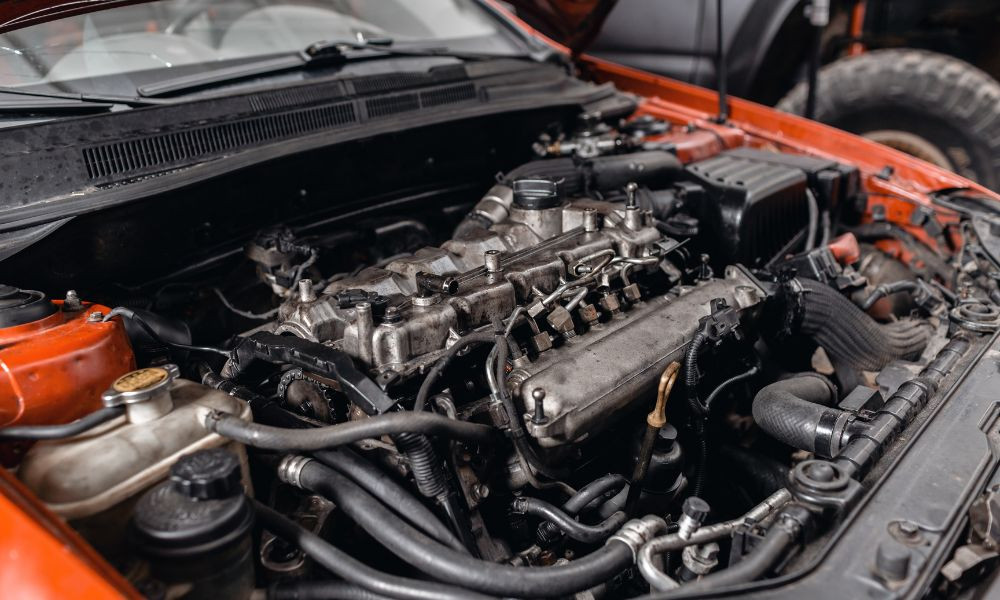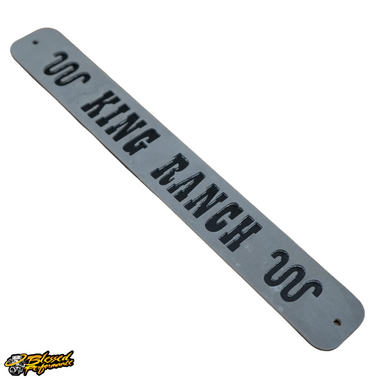3 Reasons Diesel Engines Last Longer Than Gas Engines
Estimated 0 min read
Every engine has an expiration date. Assuming you follow the recommended maintenance practices, most gas engines can last over 200,000 miles. However, a well-maintained diesel engine still thrives after 200,000 miles, with a goal of reaching half a million miles before it conks out. These three reasons diesel engines last longer than gas engines help illustrate why we believe diesel engines are superior.
1) Diesel Fuel Is Better
Diesel engines have a longer lifespan than gasoline engines because of the fuel they use. Diesel fuel, a distillate fuel derived mostly from crude oil, reduces cylinder degradation in diesel engines. Because of its lubricating qualities, diesel fuel may help keep an engine running much longer. On the contrary, gasoline consists of aromatic hydrocarbons, which are as abrasive and caustic as solvents. Without proper lubrication, your gasoline engine will wear down much faster.
Diesel engines are more durable since their exhaust gas temperatures (EGTs) are lower. The principles of thermodynamics show that the expansion rate and greater compression ratio of diesel engines effectively help cool exhaust gases quicker than gasoline engines do.
Additionally, diesel fuel has a lower autoignition temperature than gasoline (410 degrees Fahrenheit vs. 495 degrees Fahrenheit), so the first flame front is less intense. Diesel engines typically operate at an air-to-fuel ratio between 25:1 and 70:1. In contrast, gasoline engines typically operate at an air-to-fuel ratio of 12:1 to 16:1. Reduced EGTs are a result of the leaner air-to-fuel ratio. Moreover, gasoline burns far more rapidly than diesel. Diesel engines are more long-lasting because the flame travels at a slower laminar speed during combustion, causing less stress on the rotating assembly.
2) Lower RPMs
Diesel engines have a lower optimal RPM range and more torque than gas engines. Lessening the engine’s RPMs while maintaining the same power level helps preserve the engine’s moving parts, including the pistons, valves, and bearings.
It’s not uncommon to have a diesel engine run briefly while not in active use. Turning the engine on and off every so often reduces wear and tear.
3) The Engine’s Design
The motto “bigger is better” isn’t always accurate, unless you’re talking about diesel engines. Compared to gasoline engines, diesel engines have greater compression ratios and cylinder pressures.
Diesel engines require bigger bearings and stronger main and rod bolts since the crankshafts and camshafts are larger. More oil may flow freely due to the larger space between the crankshaft and camshaft; this helps improve an engine’s longevity by reducing wear and tear thanks to better lubrication.
These three reasons diesel engines last longer than gas engines should assure you that your Powerstroke 6.0 crate engine from Blessed Performance is in it for the long haul. Choose from our selection of Ford, Chevy, and Dodge crate engines to help keep your truck on the road for a long time to come.









